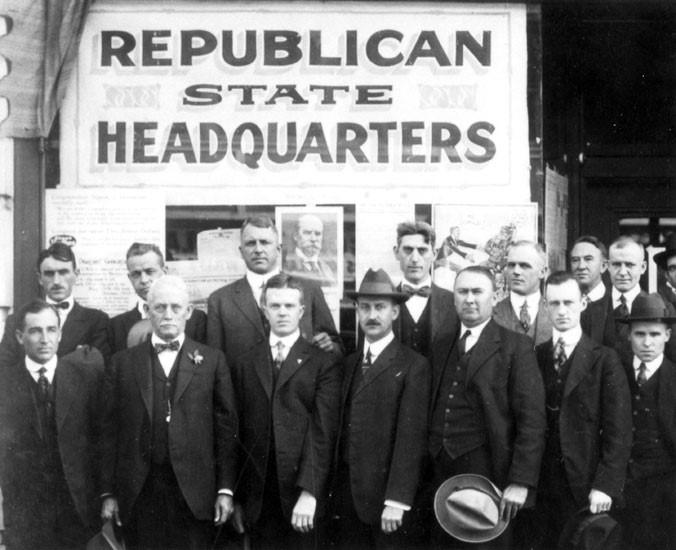Are States the Little Engines that Could?
Solving our enormous policy problems in today’s complex world requires a balance of appetite for change, capacity for reform, and fortitude. Although not all societal problems require governmental action to get to a solution, some do. And, when national policymakers are unable, unwilling, or irresolute in the face of those issues, who can step in with their own solutions? According to the National Governor’s Association, it’s the states. When faced with national gridlock and a do-nothing Congress, the states are “[i]dentifying challenges and finding solutions that work for everyone” as well as “delivering results for the people of our states” (Colorado Governor John Hickenlooper, 2015 State of the States Address). The states are known for their ability to act faster than the national government, know more about their populations’ needs and preferences, and to learn from each other’s policy choices.
Yet, even when Congress cannot overcome the obstacles in their path to enact change in policy areas ranging from education to financial reform, our new research reveals that even failed national attempts at reform may still have an impact. We studied tobacco reform efforts at both the national and state levels from 1975-2000, a time when Congress tried but could not pass new regulations regarding antismoking regulations. We found that when Congress held hearings on the dangers of secondhand smoke or benefits of antismoking restrictions or proposed new bills, they provided a focal point for reform for some state governments. Specifically, we found that states were more likely to pass their own antismoking restrictions following an increase in the number of national discussions (including hearings and bill proposals). This increase in state enactments of tobacco restrictions was not uniform. In fact, we found that only states with highly professionalized legislature (those that meet often, are paid a salary, and have staff) and those states with a strong health advocacy lobbying presence were able and willing to change their state policies. For states with less professional legislatures and weaker health lobbyists, we found national discussions actually decreased the likelihood they would pass their own reform—perhaps in the hopes that Congress would take this issue off their plates.
In sum, our states have a heavy load when it comes to balancing their budgets, helping vulnerable populations, and finding solutions—the engines of our federal republic. When we have a do-nothing Congress riled in partisan bickering and unable to enact change, that same Congress can do something. They can hold hearings and formulate bill proposals to provide an extra push for the states as they consider the need for change.
McCann, P, C. Shipan, and C. Volden (2015). “Top-Down Federalism: State Policy Responses to National Government Discussions,” Publius: The Journal of Federalism, Spring 2015. pp1-31. published online April 2, 2015 http://publius.oxfordjournals.org/content/early/2015/04/01/publius.pjv013.abstract




